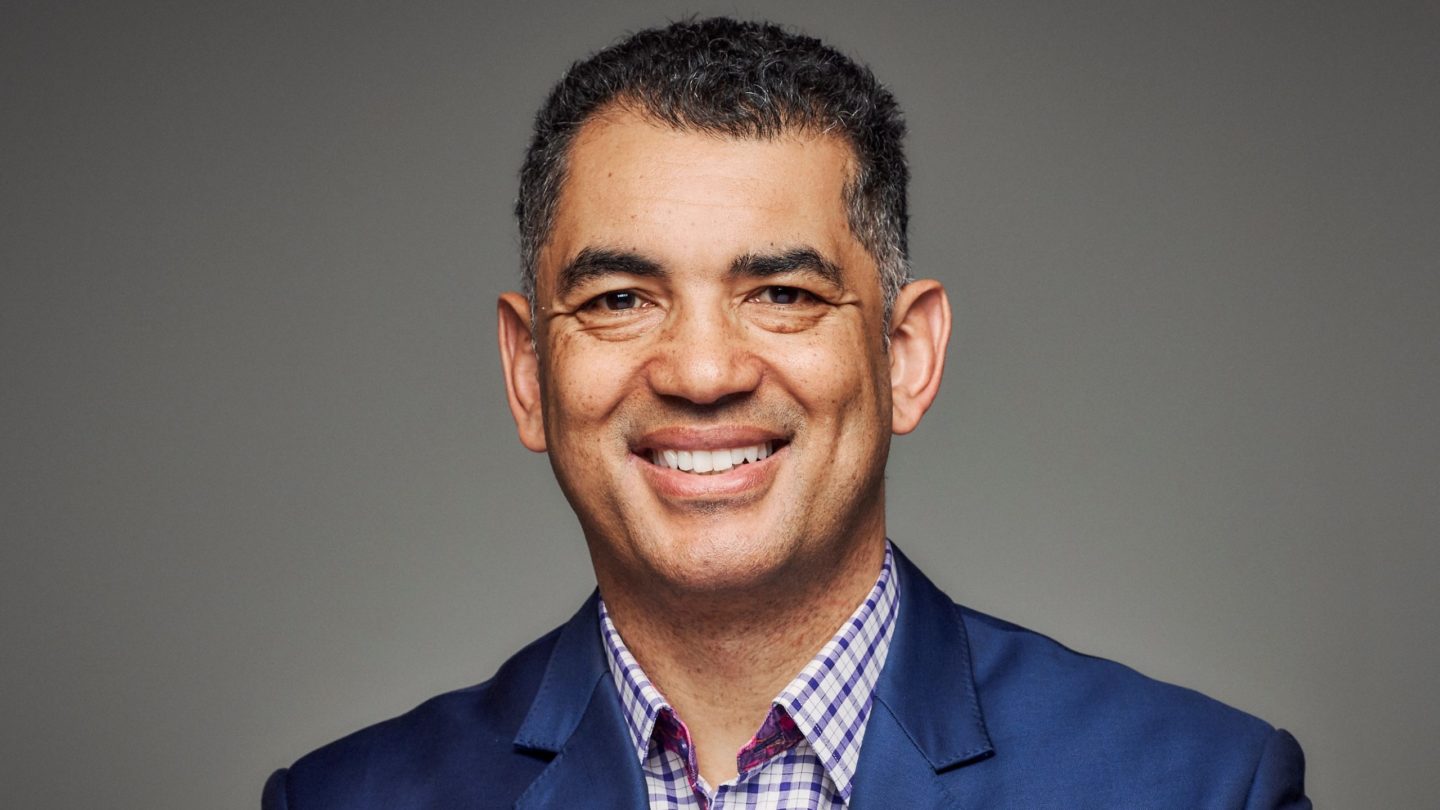One of the perils of being a parent is challenging teenage children who believe they are always right. My son invested some birthday money in bitcoin and then forgot about it. What was a few tens of pounds at outset is now a few hundred. He is flush with his ‘investment’ success – and he will not be told that what he is doing is gambling.
In January this year, thousands of amateur traders on the social media platform Reddit ‘invested’ in a stock that had been languishing for half a decade. The sudden flurry of activity sent GameStop’s share price into a parabolic rise, generating massive returns for the Reddit traders who, like my teenage son, are no doubt basking in the glory of their investment expertise. The fact their actions also resulted in major losses for several hedge funds will only have added to their pleasure.
By contrast, my friend in his 50s has recently come into an inheritance. He is close to retirement and with much more to lose. Consequently, his primary concern is to not make a mistake.
These contrasting examples beg an important question for the investment sector: does your risk profile always decline with age, or will these young day traders be equally confident making their own trades online when they too are in their 50s and life – and their financial arrangements – have become more complicated?
It would be foolish to speculate about online behaviour in the future, other than to note that earlier exposure to technology is clearly likely to set expectations for access to the same or similar technology, with or without an adviser. But what about risk? I thought it would be helpful to set out what we know.
Action and reaction
First, as Nobel Prize-winning behavioural economist Daniel Kahneman has pointed out, humans are not wired to think about the long term as well as we are wired to respond to the here and now. ‘Fight or flight’ is still a basic human instinct and it is clear the adrenaline of the trade or the short position is not the same drive as that required to invest for the long term, or to manage one’s drawdown over a period of years. One requires long, slow deliberation; the other, action and reaction in the moment.
We also know people’s risk tolerance does slightly decline over time. Research from Henley Business school, based on data from Dynamic Planner, indicates risk tolerance declines at an increasing, albeit slow, rate with age regardless of the ability to bear losses, declining investment horizon and retirement effects.
We also know, however, that people’s risk tolerance does tend to increase with experience. Therefore, we might reasonably expect the experience of investing early will lead to a generation who are more comfortable with the overall process. That said, if the early experience is a bad one, then the opposite may well be true. There are large numbers of people who invested in endowments, had a poor experience and have been put off for life. A collapse in cryptocurrencies could arguably have a similar effect on today’s younger investors.
Which brings us on to financial resilience in a crisis. Our own research at Dynamic Planner has shown that those individuals with an adviser were more resilient and optimistic than DIY investors – and better able to resist the temptation to sell in the teeth of volatility.
Financial resilience is typically understood to be enhanced by economic and financial resources, social connections and financial knowledge, but personal characteristics such as optimism and emotional stability also relate to being resilient. So long as people are not put off by their first crash, confidence and an optimistic belief on managing finances during challenging situations will enhance investors’ financial resilience.
Risk capacity
People’s risk capacity certainly changes over time. When you have no dependents and a modest investment pot that, if it were all lost, would not impact your lifestyle greatly (except for, say, not being able to attend a music festival), then there are fewer barriers to investing.
On the other hand, when you have a lifetime of savings to manage, multiple dependents (perhaps ageing parents as well as children) and the expectation of a longer life oneself, then attempting to calculate your true risk capacity is a complex affair. It requires some complicated, probabilistic maths, but it also needs challenge and verification because it is virtually impossible to act as a sounding board to yourself.
So, what we know about overall risk tolerance is that it is relatively stable, increasing with experience and, then, over time declining. We also know that financial lives are becoming more complex. We are living longer and have more and more reliance on private rather than state or corporate provision. We can therefore assume that the emotional challenges faced by clients now will be the same as those in 10 years’ time.
What is unlikely to be the same is the technology experience used to address those challenges. We will emerge into a much more technology-driven world after lockdown. To appeal to both their existing clients and the prospective clients of the future, advisers will need to embrace technology as part of their process. That way, today’s Reddit rebel investors are more likely to embrace the experience and value of working with a trusted professional.
Ben Goss is CEO at Dynamic Planner











